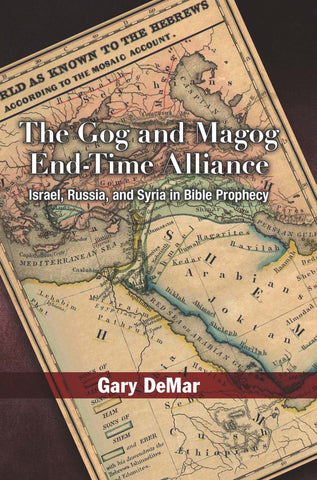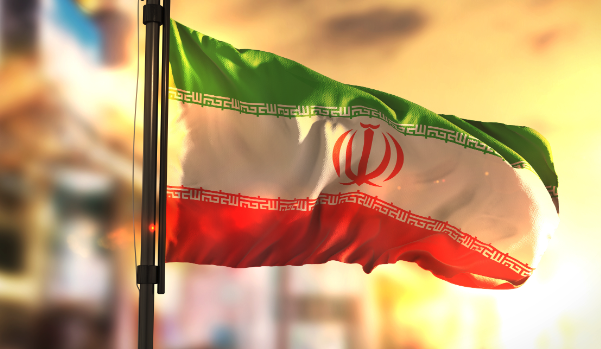Now that the eclipse has come and gone, prophecy speculators have refocused their attention on the Middle East.
There is no need to speculate beyond the historical boundaries of Ezekiel’s day to force the names of these ancient nations to find a place on a modern-day map to conform them to today’s geo-political landscape. Iain Duguid’s comments are helpful in accounting for the historical realities of Ezekiel’s prophecy:
[Gog] is the commander-in-chief ([chief prince]) of a coalition of forces gathered from the ends of the earth. He himself is from the land of Magog, and he rules over Meshech-Tubal. His allies include Persia, Cush, and Put (38:5), along with Gomer and Beth Togarmah (38:6). It is no coincidence that together these make up a total of seven nations, and it is significant that they are gathered from the uttermost parts of the known world to the prophet. Meshech-Tubal, Gomer, and Beth Togarmah come from the North, Put (Northwest Egypt) and Cush (southern Egypt) from the south and west, while Persia is to the east of Judah.
Ezekiel was given a revelation that described his world. Consider the following description of the trading that was taking place among the various nations in Ezekiel’s day and note how these same nations are mentioned in Ezekiel 38. Speaking of Tyre: “Tarshish was your customer because of the abundance of all kinds of wealth; with silver, iron, tin and lead they paid for your wares. Javan, Tubal and Meshech, they were your traders; with the lives of men and vessels of bronze they paid for your merchandise. Those from Beth-togarmah gave horses and war horses and mules for your wares. The sons of Dedan were your traders. Many coastlands were your market; ivory tusks and ebony they brought as your payment…. Judah and the land of Israel, they were your traders…” (27:12–16, 18). Ezekiel was not describing our world; he was describing the world of his day.

The Gog and Magog End-Time Alliance
Jet planes … missiles … and atomic weapons. You will search in vain in Ezekiel 38 and 39, and you will not find them. You will, however, find horses, bows and arrows, shields, clubs, and chariots. If the Gog and Magog prophecy was written for a time more than 2500 years in the future from Ezekiel’s day, why didn’t God describe the battle in terms that we could relate to and understand? Why confuse Ezekiel’s first readers and us?
Buy NowNow that the eclipse has come and gone, prophecy speculators have refocused their attention on the Middle East. Iran’s attack on Israel got the typewriters of prophecy writers revved up, some comparing it to the Persian Empire. It is time to put all of this back into a proper biblical and ancient context.

